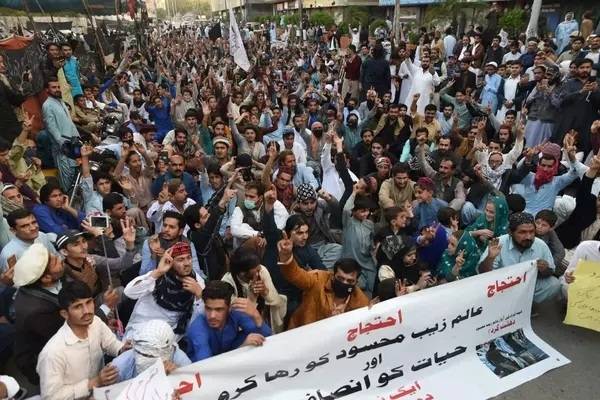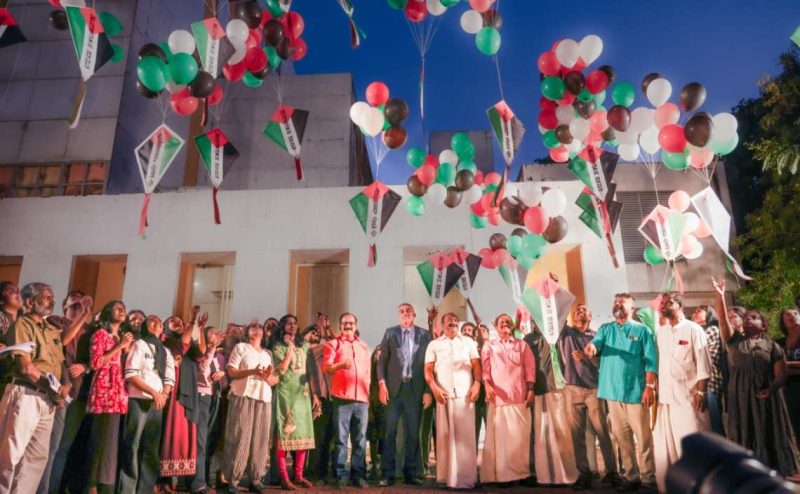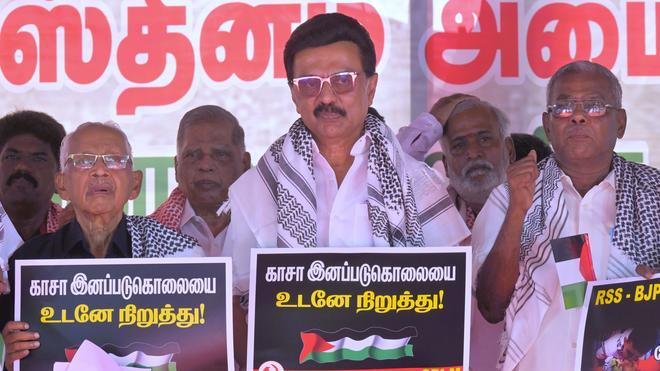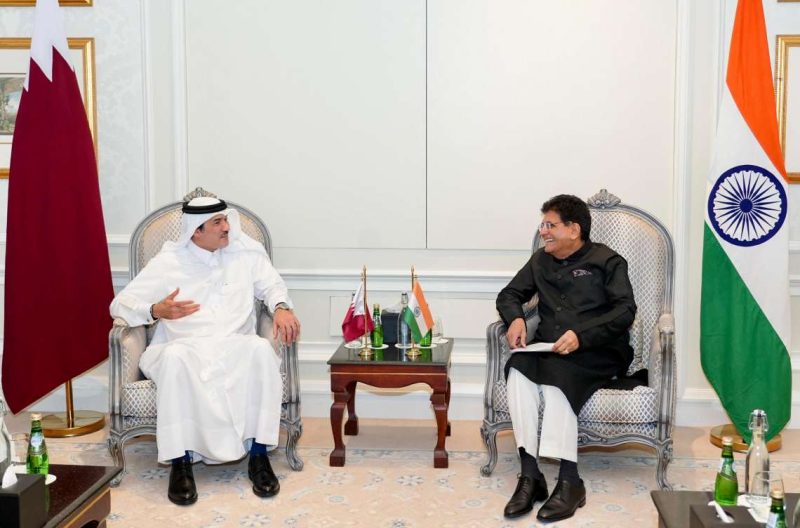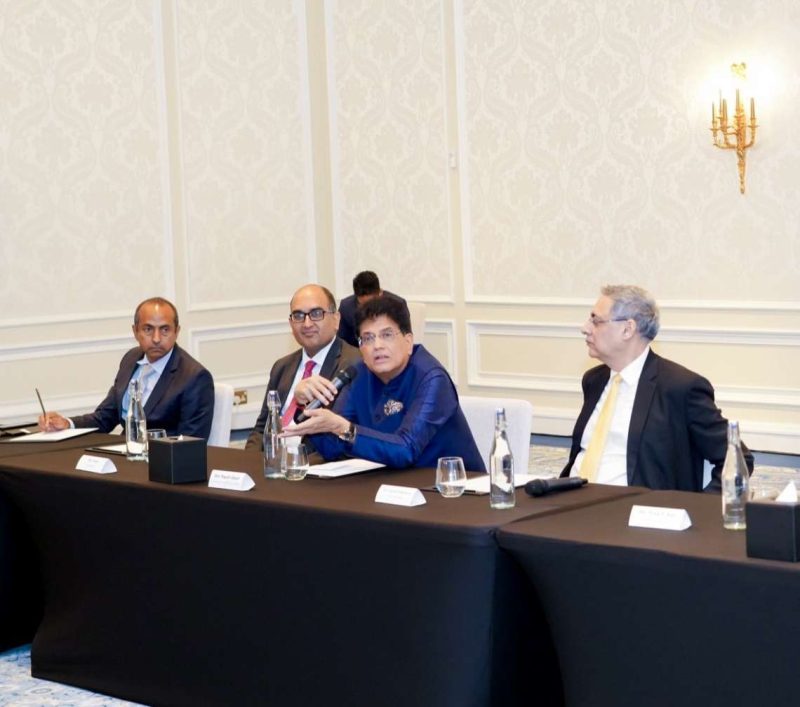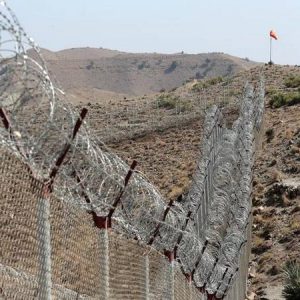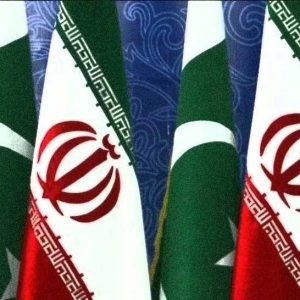The militant group TTP has released many video clips and pictures of its Chief Mufti Noor Wali Mehsud’s visits to Malakand Division, Bajuar, Peshawar, Mardan, Khyber and Hazara divisions of Waziristan region…writes Mrityunjoy Kumar Jha
The month-long ceasefire after the secret deal between the Imran Khan government and the banned militant outfit Tehreek-e-Taliban Pakistan (TTP) is ending on December 9 and it was said that the truce could be extended if talks continue to make progress. While there is no news about these talks, the TTP has asked its fighters to resume attacks on the Pakistani Army from December 10.
The militant group TTP has released many video clips and pictures of its Chief Mufti Noor Wali Mehsud’s visits to Malakand Division, Bajuar, Peshawar, Mardan, Khyber and Hazara divisions of Waziristan region.

In one of the video clips, the TTP Chief is seen moving in flagged convoys and being welcomed by the locals. He is surrounded by uniformed fighters to underline that the TTP is better equipped and trained men at his disposal. In the background a song is playing evoking Pashtun nationalism.
“TTP’s efforts to move away from the global jihadist narrative of al-Qaeda and frame its propaganda in Pashtun nationalist rhetoric-just like the “elder brother” Afghan Taliban-and to switch from an indiscriminate to discriminate targeting strategy is an effort to evolve from a “terrorist” group to an “insurgent” group,” says Human Rights activist, Anees Jilani adding that the group has been regrouping and consolidating its strong hold during the period of ceasefire.
Questions have been raised by the Pakistani Supreme Court and the civil society whether Prime Minister Imran Khan had the right to make a “secret” deal with the UN-designated terror group responsible for the deaths of Pakistan Army soldiers and the students of Army Public School Peshawar, without taking Pakistani Parliament and people into confidence. The deal was brokered last month by another designated terrorist and Chief of notorious Haqqani Network Sirajuddin Haqqani, who is the Interior Minister of the Taliban government in Afghanistan.
Many Pakistani experts, including retired Army generals of Pakistan have been warning that such a deal does not serve Pakistan’s national interests and it will not work because the TTP, like before, is unlikely to abide by its terms. The deal will allow it to regroup, reorganise, rearm, and bolster its capacity for death and destruction. Pakistan has previously negotiated at least a half dozen “peace deals” with the TTP. Every single one failed.
But Imran Khan’s supporters are pragmatists.
“We cannot give them Sharia, a long-standing demand by the TTP because the Khyber-Pakhtunkhwa is part of the Pakistan state. The only thing we can talk about is to accept as citizens those who surrender their arms. And if they (TTP) don’t agree, the Army will deal with them in that way,” one Pakistani Army source told The News.
But the Pakistani Supreme Court does not agree with the reconciliation steps taken by the Imran Khan government.
“We are bringing TTP back to the negotiating table instead of taking action against them?” The court grilled Imran Khan. “Are we going to surrender once again?”
ALSO READ: Rising religious extremism in Pakistan
According to Pakistani experts, Imran Khan and the military establishment, both are under pressure after making a secret deal with the Tehreek-e-Labbaik Pakistan (TLP) in November and lifted the ban and released all TLP supporters including the Chief. The TLP has emerged as the third-largest political party in Pakistan’s Punjab province in recent elections. The TTP also wants to join the mainstream but on its own terms. Though TLP and TTP are not similar, there seems to be a mutual understanding between the two.
“TLP and TTP are no longer buds that can be nipped. Both the groups have grown substantially over the recent past, thus the cost that will be paid will be larger if the matter is not dealt with wisely,” says Pakistani journalist Irfan Ashraf.
Although there are no details about the “secret” deals, the sources insist that the TTP had the upper hand in the last round of negotiations which led to the temporary truce and it is this policy of appeasement that has hugely empowered the group. Some experts believe that the vulnerability of Pakistan to events in Afghanistan is clear. The ceasefire with the TTP is also contingent on the Taliban in Kabul maintaining control of the country. And there is a Chinese pressure on both the governments of Pakistan and Afghanistan to keep Chinese projects safe from the TTP.


